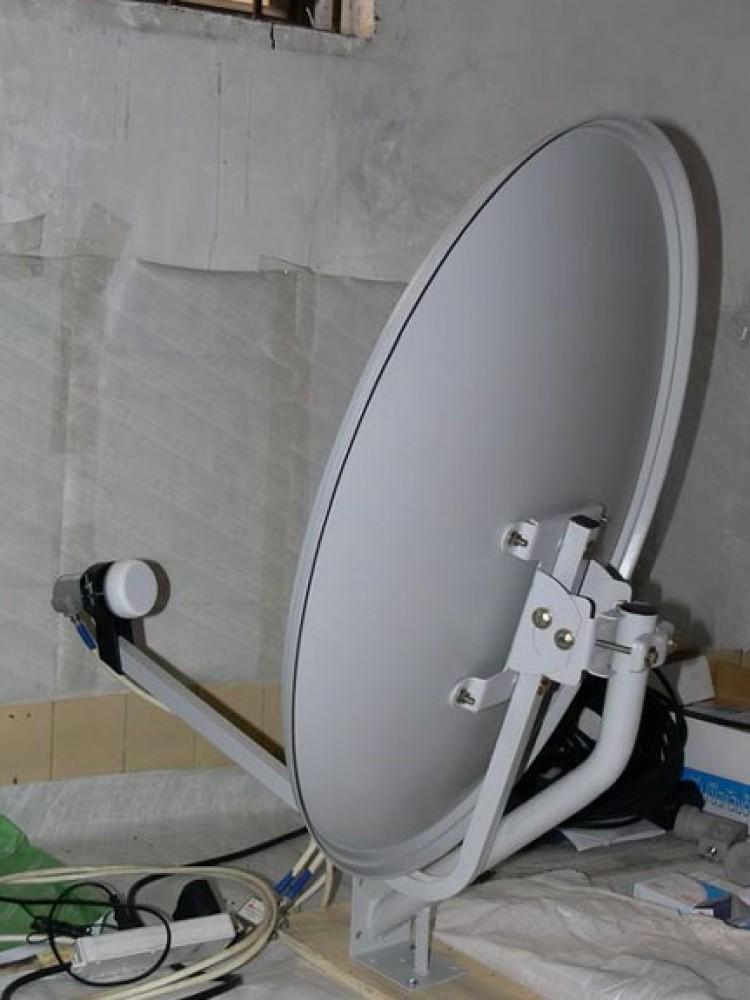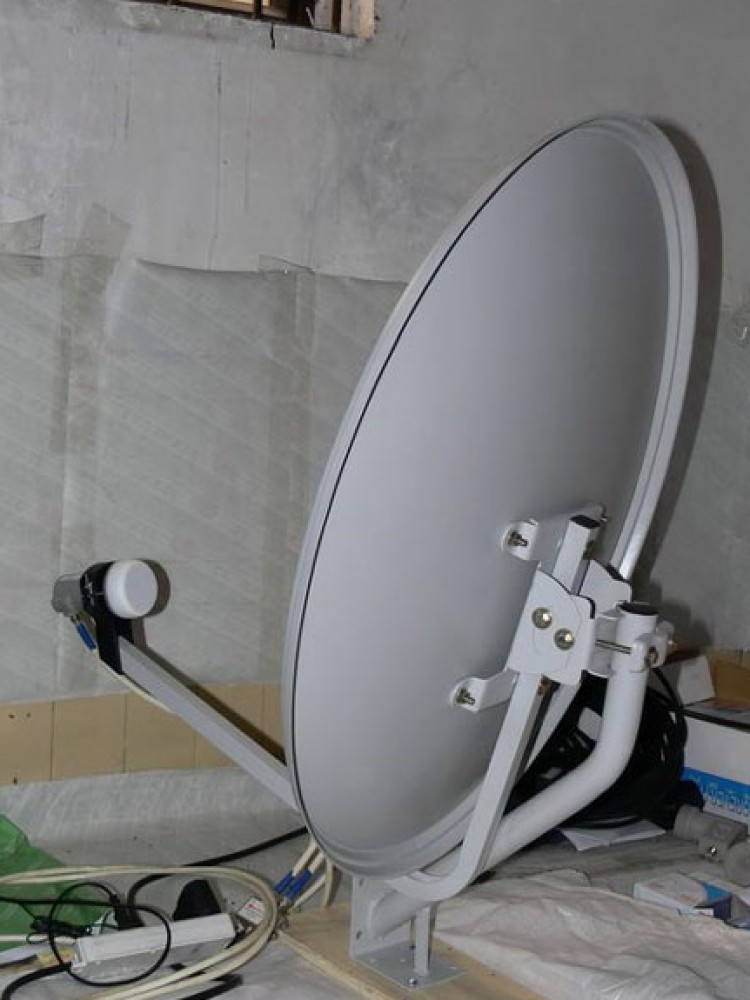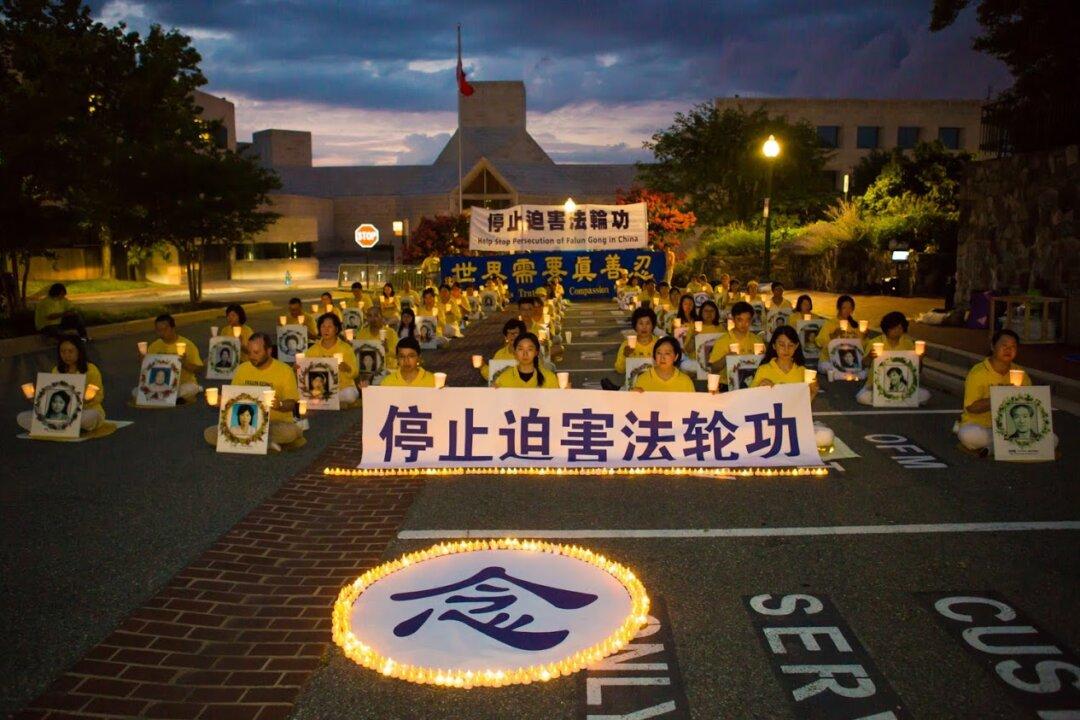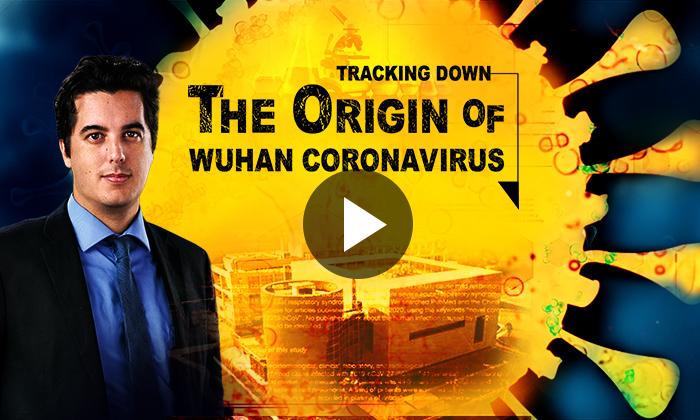‘Little Ears’ Will Continue Informing Audiences in Mainland China
New Tang Dynasty Asia Pacific and Taiwan’s Chunghwa Telecom (CHT) inked a new, broadcasting via satellite to Asia, contract on June 27.
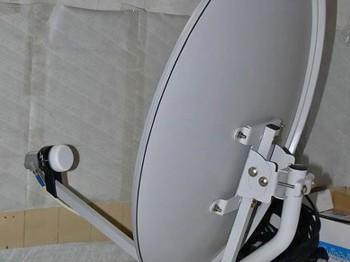
'LITTLE EAR': A satellite dish out of the box and ready to be installed. 'Little Ears' satellite dishes are used to receive the signal of independent TV station New Tang Dynasty TV inside China. Minghui.org

Stephen Gregory
Publisher
|Updated:
